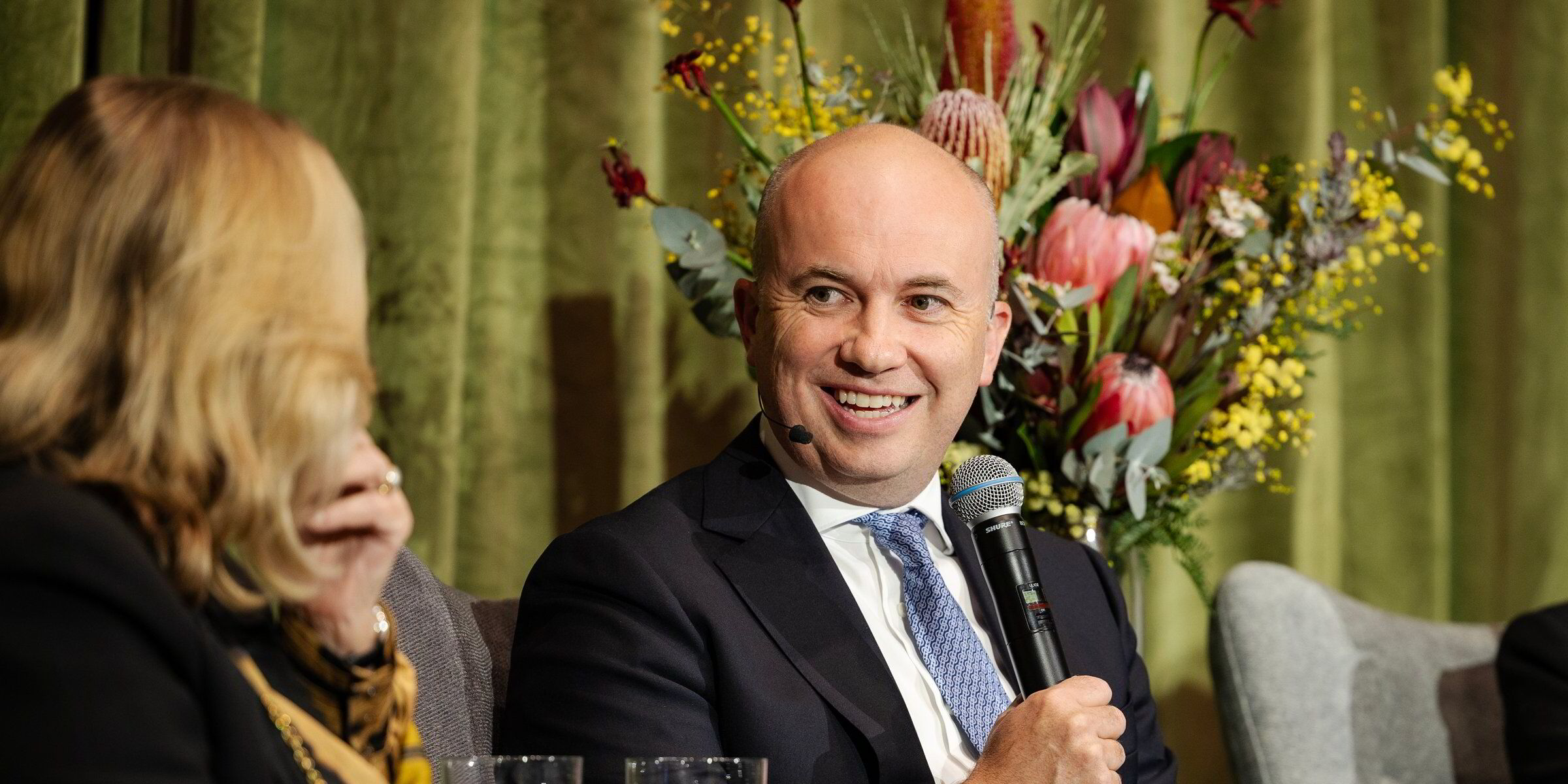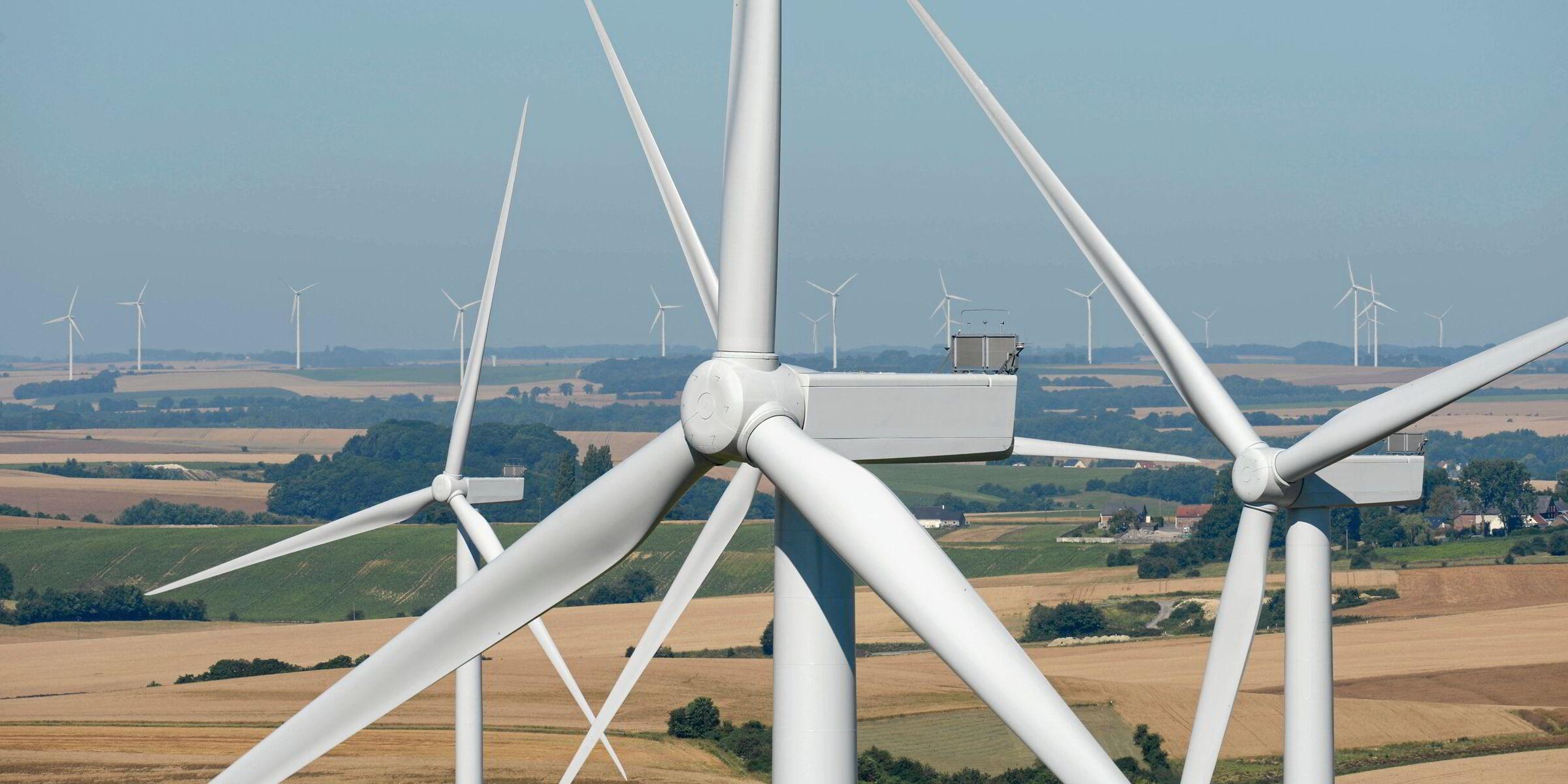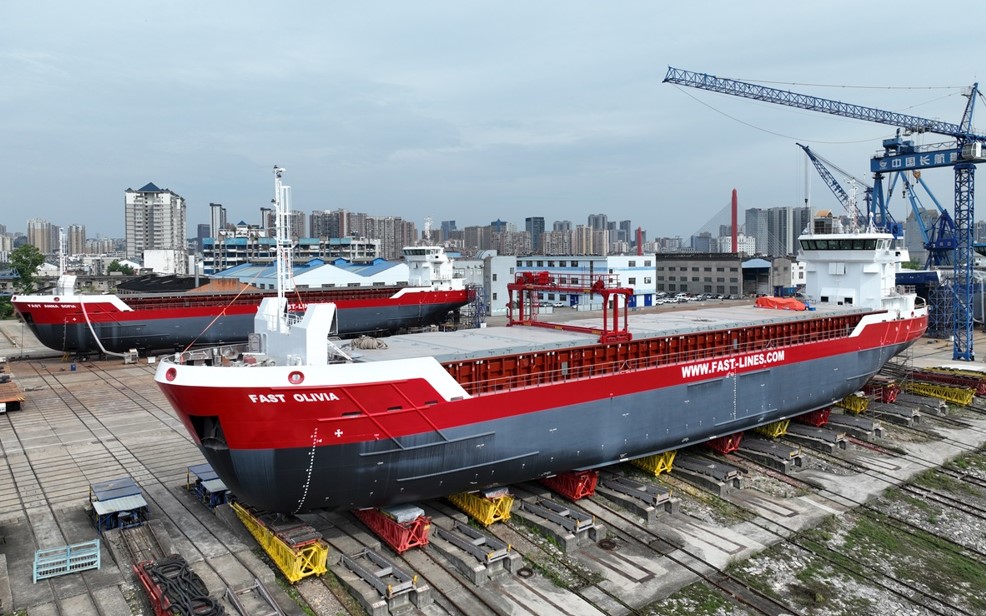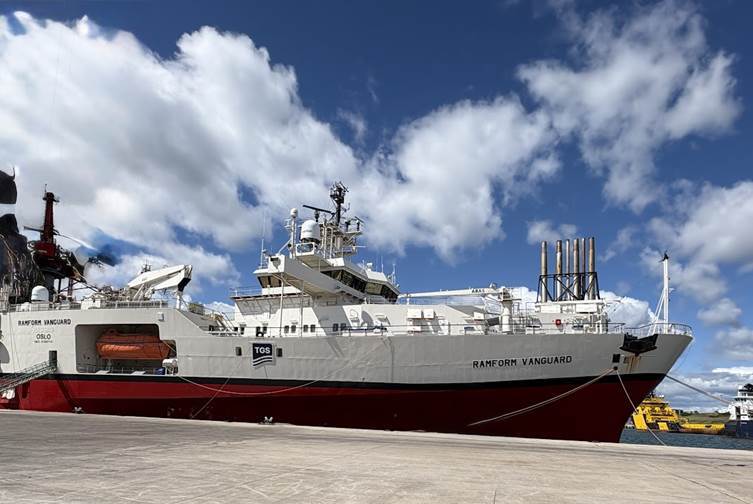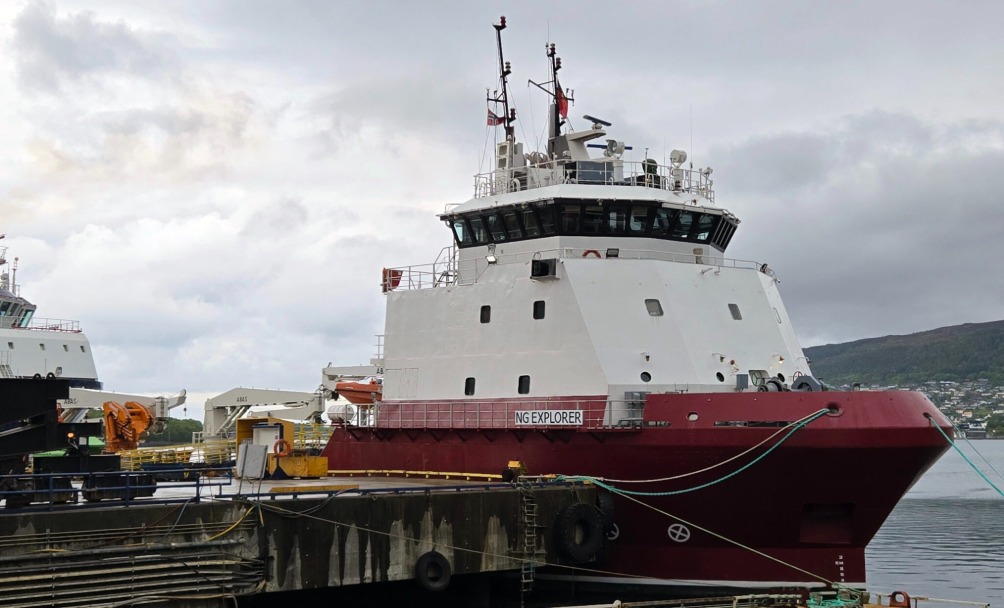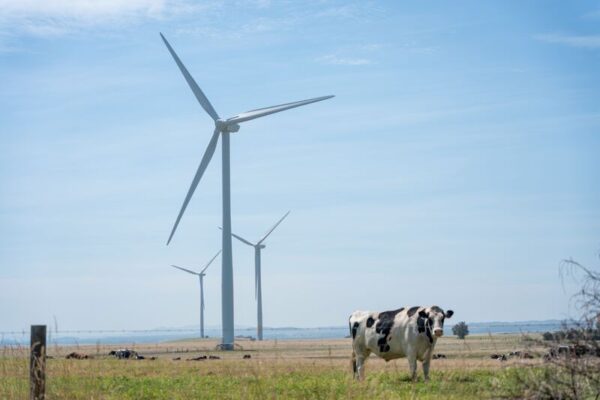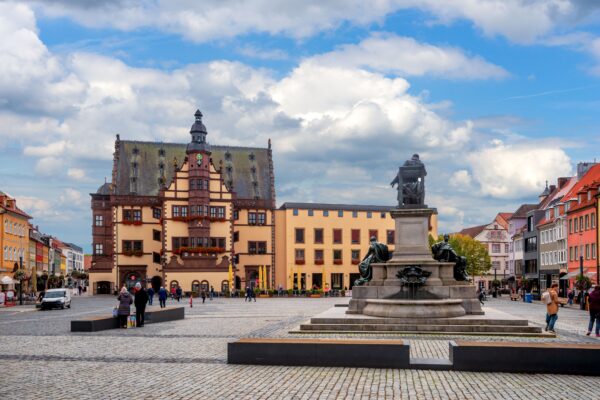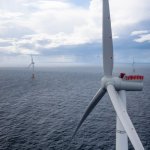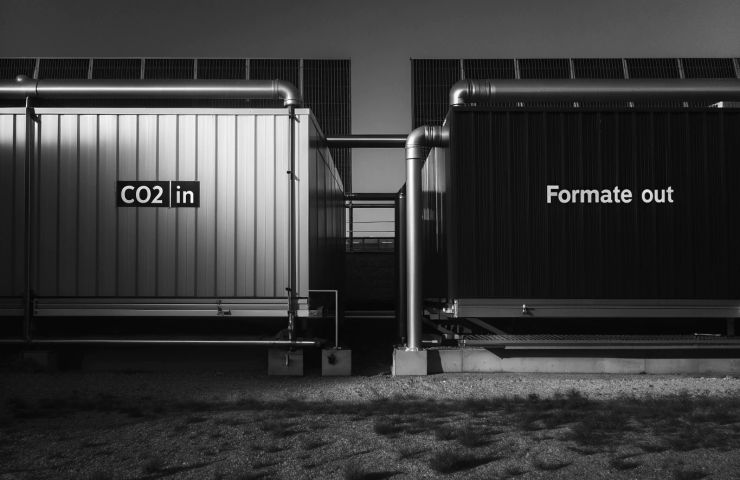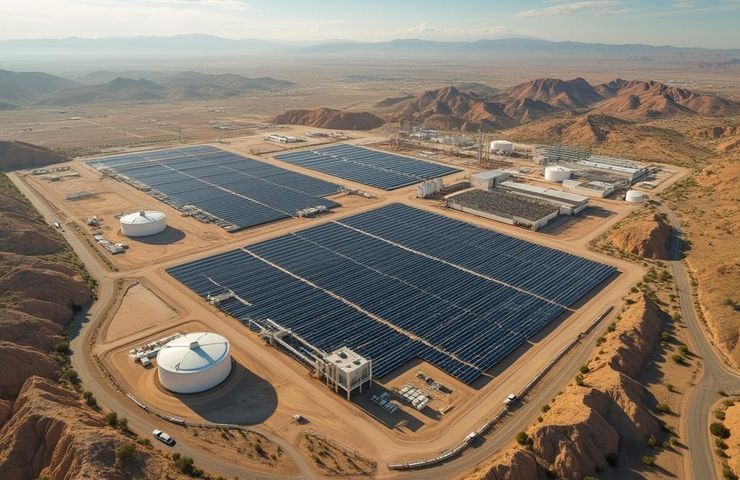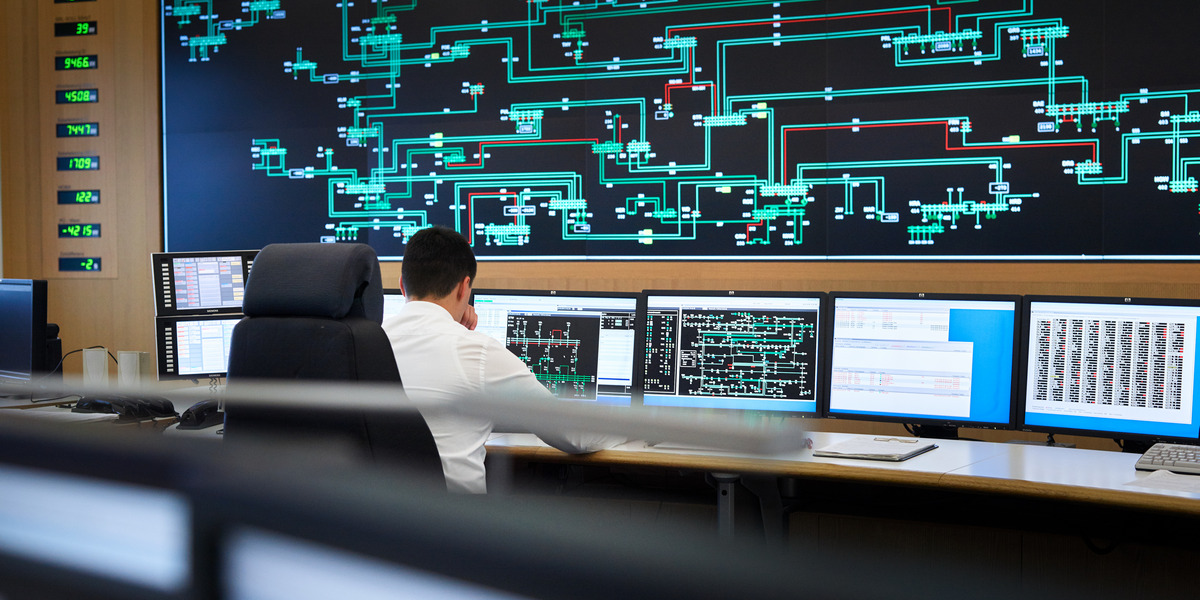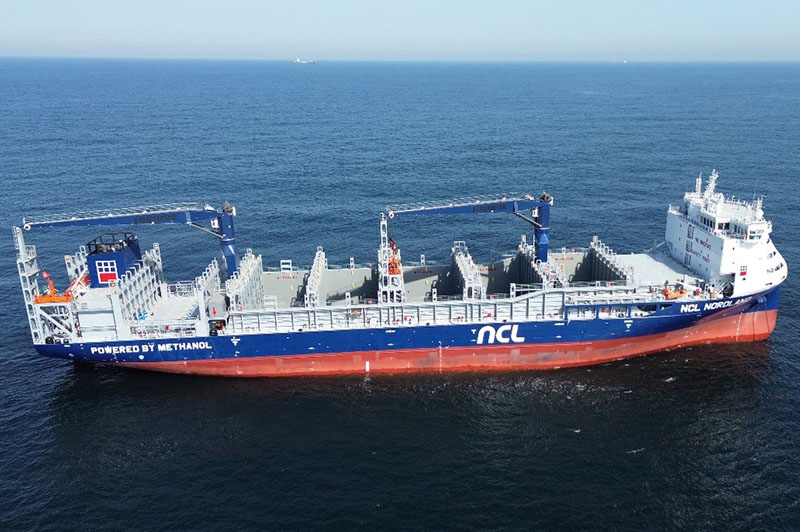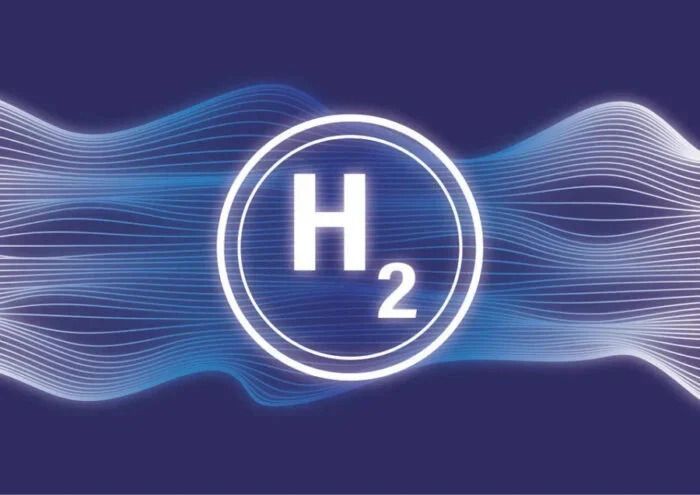Green Hydrogen Alliance: Newfoundland and Amsterdam Sign Strategic Export Deal
Green hydrogen might not be crossing the Atlantic just yet, but the groundwork is definitely being laid. In a big…
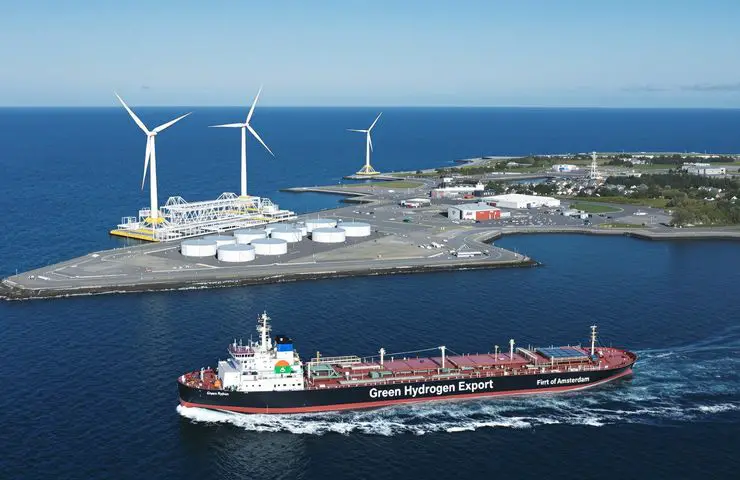

Green hydrogen might not be crossing the Atlantic just yet, but the groundwork is definitely being laid. In a big step toward industrial decarbonization and expanding global hydrogen infrastructure, the Government of Newfoundland and Labrador has signed a memorandum of understanding (MOU) with the Port of Amsterdam. The agreement, signed at the World Hydrogen Summit in Rotterdam in May 2025, could mark a turning point — not just for Newfoundland but for Europe’s entire clean hydrogen supply chain.
Where Wind Meets Water — and Opportunity
This isn’t just about exporting energy — it’s Newfoundland making a serious play to become a green energy powerhouse. The province is leaning into its natural advantages: fierce Atlantic winds, deep coastal ports, and a legacy of big offshore projects. It’s not building from scratch; it’s building with purpose, using its existing grid assets and experience to carve out a niche in the growing green hydrogen economy.
On the other side of the ocean, the Netherlands is prepping for a clean-energy future. The Port of Amsterdam, one of Europe’s busiest, is banking on hydrogen to help fuel that transition. Connecting Newfoundland to Amsterdam gives both sides what they need — clean supply for Europe, and a clear path to market for Canada.
“This partnership isn’t just about shipping hydrogen,” said one provincial official. “It’s about shared innovation and building infrastructure that actually changes the system.”
Turning Wind Into Hydrogen
The plan hinges on a process known as wind-to-hydrogen. Offshore wind turbines generate electricity, which powers electrolysis — a technology that splits water into hydrogen and oxygen. Once produced, the hydrogen can be compressed or liquefied and shipped overseas — in this case, straight to Europe’s industrial heartland.
While not named in the agreement, Dutch company Evos is widely expected to take on a major role in handling the logistics after the hydrogen hits Amsterdam. Their specialty? Large-scale hydrogen storage and distribution — exactly what this kind of cross-continental partnership needs to function.
Not Their First Rodeo
This deal with Amsterdam builds on earlier moves by the province. Back in 2023, Newfoundland signed a similar agreement with the Port of Rotterdam, getting a foot in the door of Europe’s clean energy plans. That earlier pact served as a learning curve, and this new MOU shows a more targeted, strategic push to broaden Newfoundland’s export reach.
Newfoundland knows it needs to shift gears. For decades, oil ruled the economy here — but that’s changing fast. Today, six hydrogen production projects are in the works. While many have been scaled down from original plans, they’re still very much alive. Deals like this one are key to locking in future buyers and giving investors a reason to keep the money flowing.
To ease the way for developers, the province is even extending Crown land lease periods, aiming to smooth over the bumps and boost confidence in long-term project success.
The Local Payoff, The Global Impact
Sure, the headlines are all about exports. But the ripple effects could really hit home. In remote parts of Newfoundland, renewable energy might soon replace diesel generators. Small ports that had little maritime activity could see a revival. And construction on offshore wind means jobs and tax revenue — though it’s not all upside. Fishing communities have raised flags about what this might mean for marine ecosystems.
Globally, partnerships like this one are critical. Europe simply doesn’t have the land or natural resources to generate all the renewables it’ll need — especially in hard-to-electrify sectors like heavy industry and shipping. That’s where international players like Newfoundland come in.
Hydrogen’s Coming — Just Not Tomorrow
Let’s be real — this MOU isn’t a signed construction contract. No ships are fueling up yet, and no hydrogen tanks are being loaded. But it’s a giant step toward building the trust and coordination needed to pull off something this ambitious. The agreement sets out timelines, creates working groups, and aligns national goals — all crucial pieces of the puzzle.
Just a few years ago, this kind of transatlantic hydrogen corridor felt like science fiction. Today, it feels a whole lot more like sound policy — rooted in technology that’s getting better every year and backed by governments serious about slashing emissions.
Ambitious? Definitely. But if this model works, it could show the world how regions rich in wind, water, or solar power can plug into the global clean fuel economy — and help drive the next chapter of the energy transition.
What's Your Reaction?









